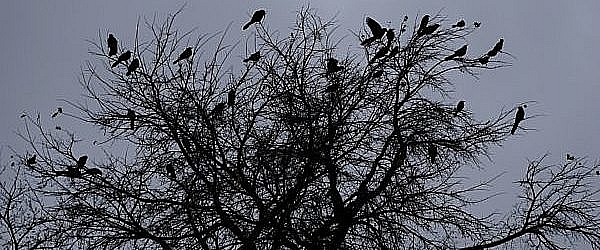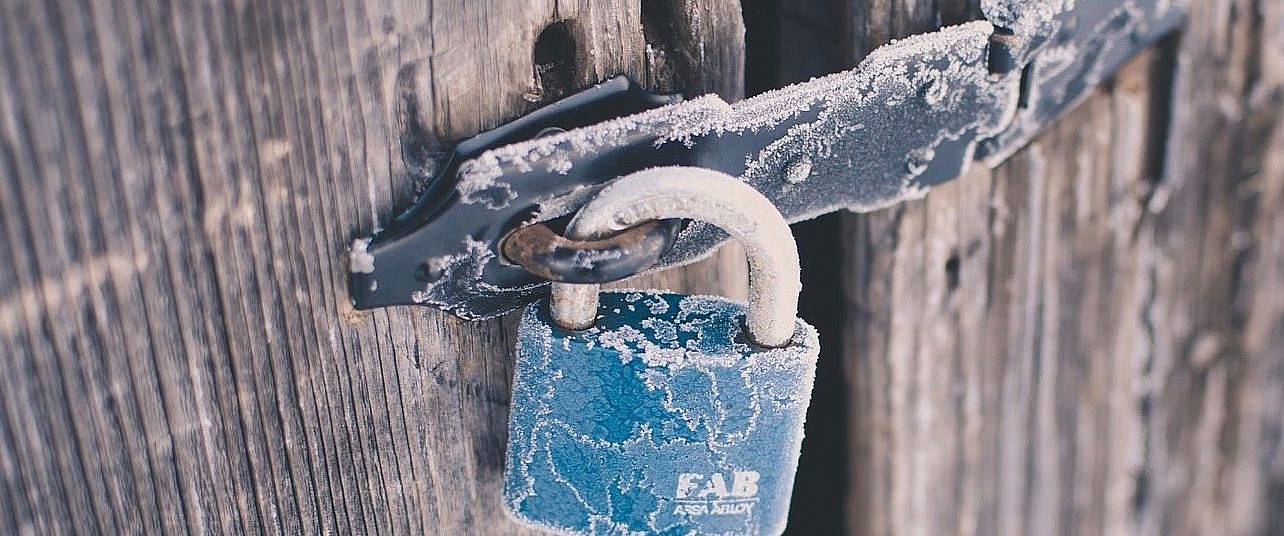
I have just finished reading Mitch Albom’s (Tuesdays with Morrie) new book, a beautiful story of two men of God called “Have a Little Faith.” The two men are Albom’s own rabbi, who has asked the author to give the eulogy at his funeral, and an ex-convict-turned-Christian minister who works with the poorest of the poor in Albom’s adopted home of Detroit. It’s a great little book of faith, relationship and commitment, and a portion of the proceeds of the book benefits Albom’s own “Hole in the Roof Foundation,” which helps refurbish places of worship that aid the homeless. Good read, read cause.
As I eased further into Lent this past week, I was particularly taken by a story from the rabbi (The Reb) on the importance of seeking forgiveness and never waiting too long to say what needs to be said. The Reb tells Albom the story of a man standing by his wife’s newly dug grave, tears streaming down his face:
“I loved her,” he whispered.
The Reb nodded.
“I mean…I really loved her.”
The man broke down.
“And…I almost told her once.”
The Reb looks at [Albom] sadly.
“Nothing haunts like the things we don’t say.”
The Reb goes on to explain:
“[This is] why our sages tell us to repent exactly one day before we die.”
But how do you know it’s the day before you die? [Albom asks].
He raised his eyebrows.
“Exactly.”
We are called to live our lives as if every day could be our last. As if every grudge we hold will never have a chance to be removed if we don’t act immediately. As if every word spoken in anger can never be taken back if we don’t act now. As if every sin will eternally leave us more burdened and further removed from God and those around us if we don’t seek forgiveness today.
We need to keep our lives swept clean, not knowing the hour of our last breaths. Lent is our annual reminder of that fact of life: Remember, thou art dust and to dust thou shalt return.
A few years ago I wrote the following short essay on seeking forgiveness that will be a part of my forthcoming book, “Embraced by God: Facing Chemotherapy with Faith.”

An autumn’s worth of fallen leaves, twigs and acorns have carpeted the decks surrounding my tiny cabin in the Missouri Ozarks, piling up in large mounds in the corners and creating, possibly, a place for snakes and others critters to lie in wait for some unsuspecting interloper like me. It’s time to clear the decks.
I grab a broom and walk out into the crisp November air; it’s not cold yet but it will be very soon. The seasons, like supersonic clockwork, seem to mark my time the older I get, zooming past me and returning with frightening frequency. Wasn’t it just a couple of months ago that I was doing this? No, it has been a year my mind tells me as it races backwards, quickly auditing the days, the weeks, the months, the joys and sorrows of the past twelve months. I need to examine my life and seek forgiveness where necessary, I realize. Like these leaves that need to be swept away, it’s been a while since I made the long trek to forgiveness, a long time since I asked forgiveness from God and had the ability to forgive myself and others.
As I begin to sweep, a little nugget of scripture sneaks into my consciousness and I laugh, surprised as always at the little ways that God and His word insinuate themselves into my life at the oddest and seemingly most insignificant moments. But I guess that’s the point of a God who knows me better than I know myself, better than I deserve; a God who calls me by name.
“Get behind me Satan! You are an obstacle in my path.” Jesus shouted these words, or something like them, to Peter when his good friend tried to save his life, tried to pull him away from his triumphant entry into Jerusalem and his death on a cross a week later. “Why don’t we head out to the hill country,” Peter seemed to be saying. “Let’s lay low for a while.” Jesus would have none of it. And so I begin to sweep away the obstacles in my path, wary of lying serpents.
With each swish and sweep the leaves fly and my heart opens up to prayer and an examination of conscience, recalling the obstacles in my life that separate me from God, that pull me away from Him, that put other gods (or demons) in His place. After about 45 minutes I realize my back is aching and my throat is parched. I look around and see all that is still to be done, especially the large deck that overlooks the lake, the one right beneath the big oak. I can’t do this alone, I think. I go inside for a break and a glass of water. I walk to the window to take another look at the unswept deck.
I think of my unswept life, my unconfessed sins. I close my eyes and pray, close to tears. Then I walk outside and pick up my broom, for I know the work is mine to do. As I begin, a swift breeze comes up off the lake and pushes me back, holding me still like the hands of God cupping my face and shouting: “Here I am!”
The breeze gusts and I continue to sweep, realizing as I do that the wind is helping me, blowing the leaves off the back of the deck where they can be burned and forgotten.




1 comments On Second Week of Lent: Seeking Forgiveness and Saying What Needs to be Said
Steve,
I also just finished the book and agree with what you wrote. It was a good book with a good message. I usually take March as a retreat and Iam in Wlmington, N.C. St. Mary’s parish. I walked inside the Church and was speechless. I learned it was designed by the same architect that designed grand central station. It is always good when I am speakless, then I will listen. And forgiveness comes when we listen
Blessings Steve
Bruce